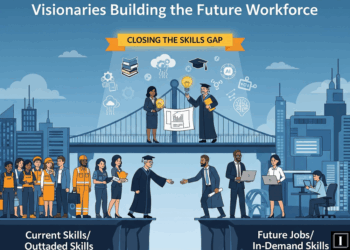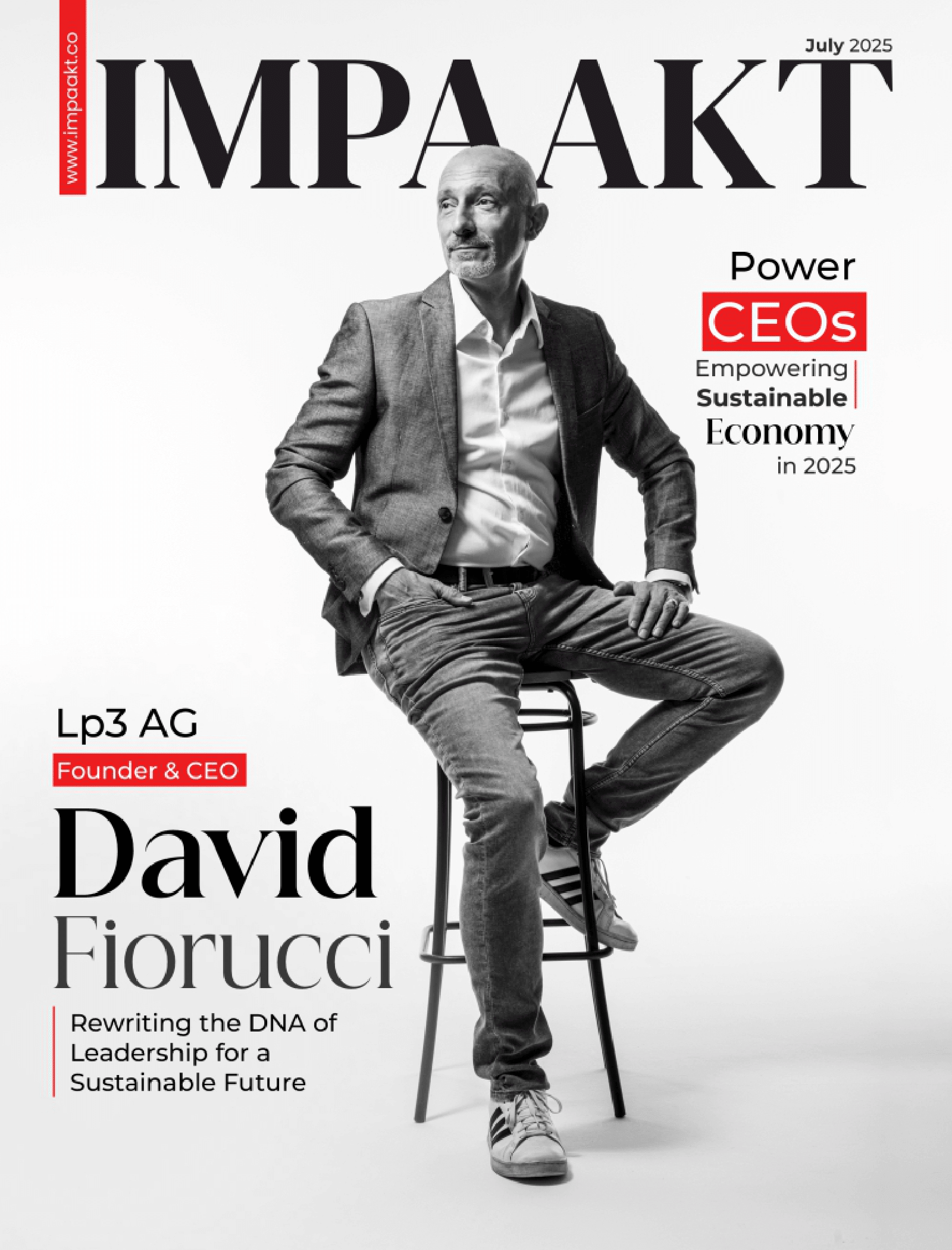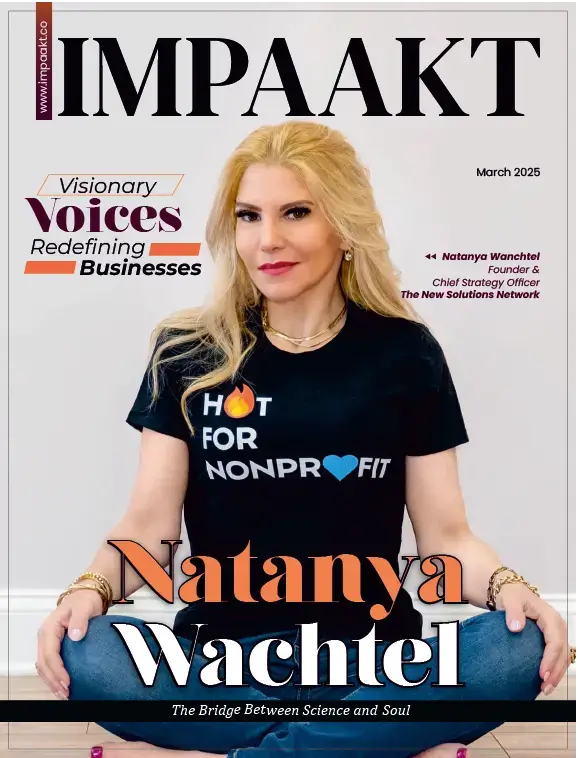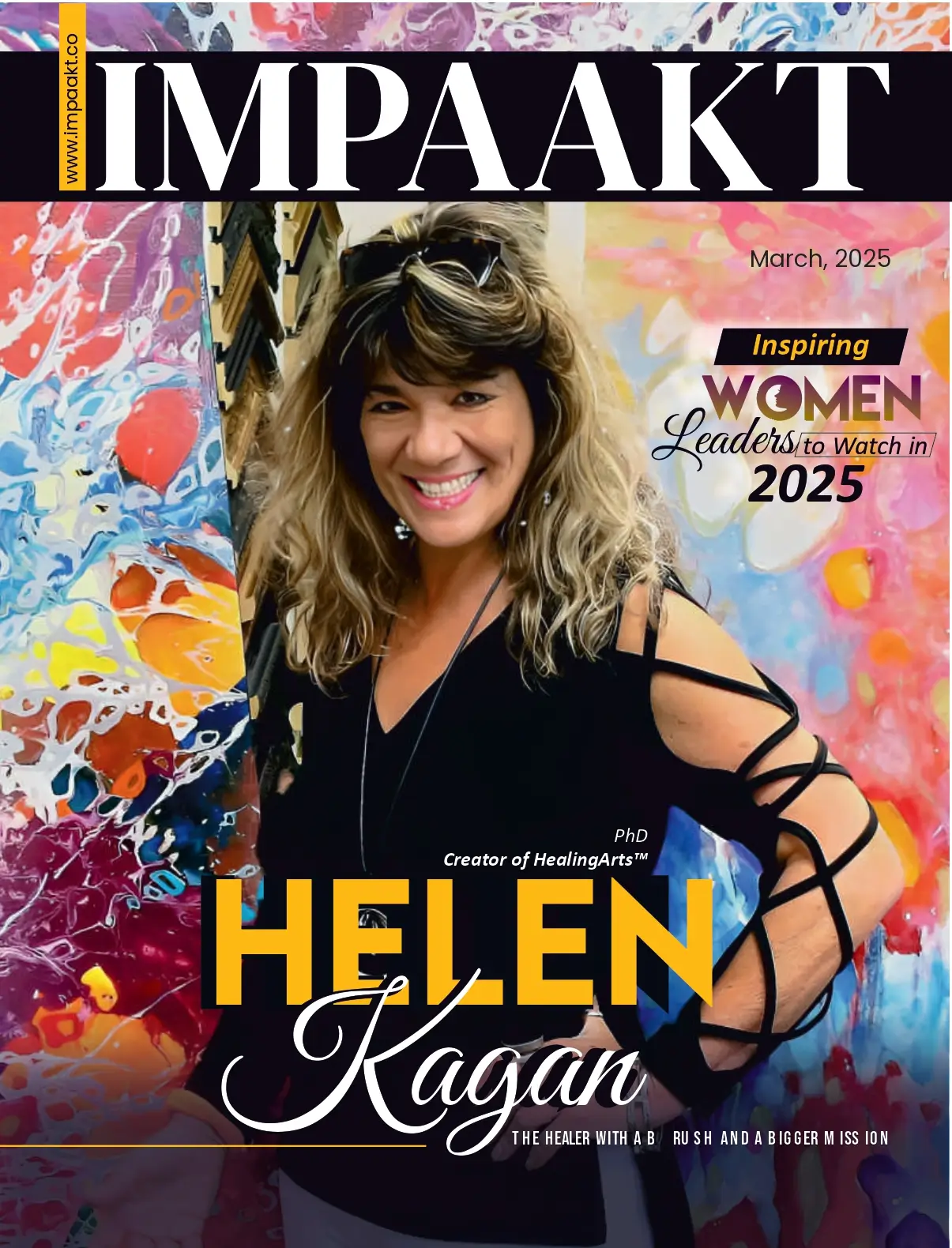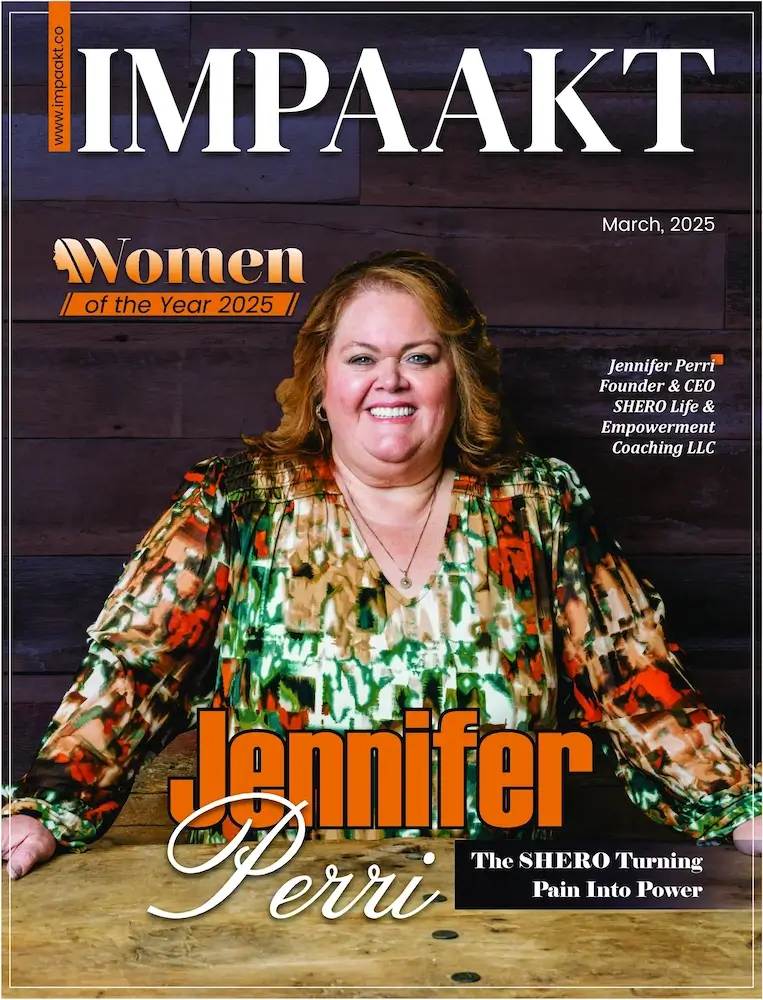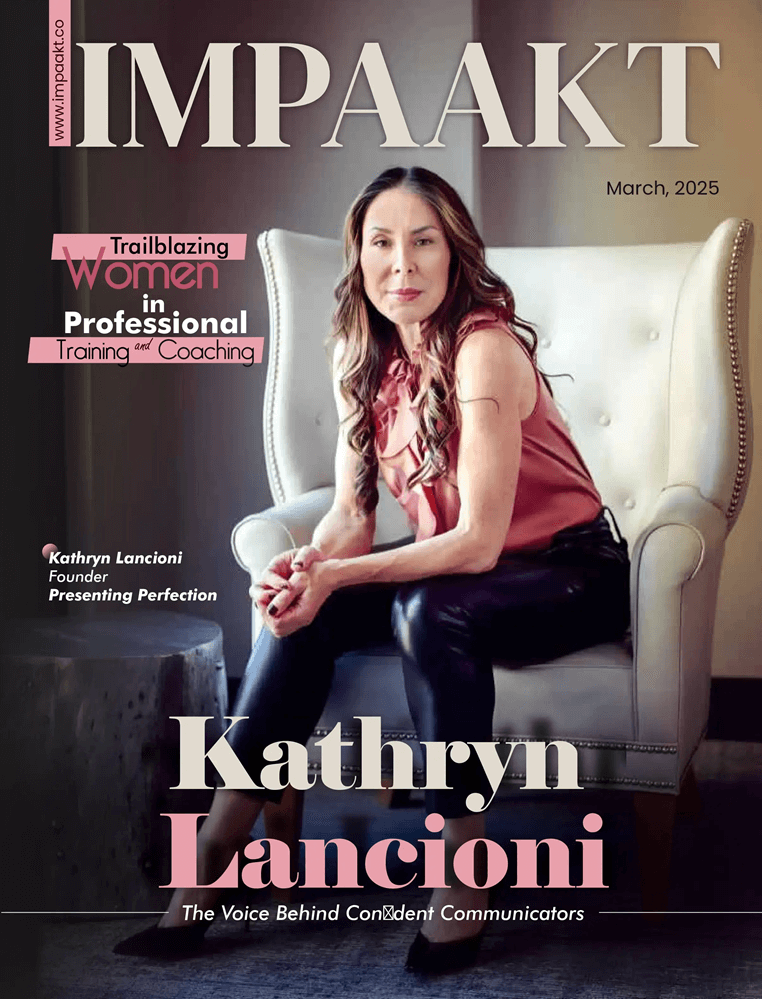Syed Ali: Making Businesses Agile with Cutting-Edge Asset Management
Ever lost your keys and spent ages searching for them? Now imagine that happening, but instead of keys, it’s millions of dollars’ worth of equipment crucial to your business. That’s the struggle many companies face with asset management. Lost equipment, wasted resources, and delayed projects all contribute to a hefty financial drain.
Syed Ali, a visionary leader in the tech world, saw this problem and decided to tackle it head-on. This mission led him to found EZO in 2011. He started EZO with a simple mission: build powerful cloud apps that anyone can use. Today, it empowers thousands of organizations worldwide to streamline operations in key areas.
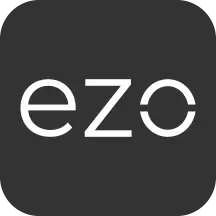 Managing office supplies? EZOfficeInventory has got it covered. Keeping track of IT assets? EZO AssetSonar is the answer. Need easy equipment maintenance? EZO CMMS can help. Running a rental business? EZRentOut helps it run smoothly. Through EZO, he empowers businesses to track and optimize their assets, saving them time, money, and a whole lot of frustration.
Managing office supplies? EZOfficeInventory has got it covered. Keeping track of IT assets? EZO AssetSonar is the answer. Need easy equipment maintenance? EZO CMMS can help. Running a rental business? EZRentOut helps it run smoothly. Through EZO, he empowers businesses to track and optimize their assets, saving them time, money, and a whole lot of frustration.
Syed brings a refreshing perspective to the table, one that merges his experience in academia and industry leadership with a deep-seated passion for streamlining operations. As the founder and CEO of EZO, he is on a mission to bring clarity and efficiency to a traditionally chaotic space.
Realizing his work, IMPAAKT magazine dove deep into his journey and how he is transforming asset management for businesses.
Below are the highlights of the interview:
Could you share the inspiration behind founding EZO, particularly focusing on how technology and innovation played a role in shaping your vision for asset-driven software solutions?
Back in 2011, when we started the company, the landscape of enterprise software was filled with clunky software that required extensive user manuals to function. In my past experiences, I had been exposed to good UX and I realized that the enterprise software area was ripe for disruption. I believe enterprise software could significantly be improved and result in a productivity increase if it was easy to use and “in the cloud”. Back then, being “in the cloud” was more of a novelty.
Therefore, we started out with the purpose of making the work of employees easier and ensuring they have access to an asset management solution anywhere and everywhere.
We chose the asset management industry because in my experience as an employee, manager, and executive – I noticed that equipment was often a headache for all levels of the organization. I always thought that there was a gap in the provision of accurate information regarding equipment and being able to use this information to make timely decisions.
In integrating sustainability into your core business strategy at EZO, how have technology and digital solutions been leveraged to streamline and enhance critical processes within the organization?
Technology is obviously a big part of operations for any sustainable organization. We use technology for communication – Zoom, Slack, Google Meet, project management with tools like Asana and Trello, and we use CRMs, human resource management tools, AI for content, etc. We also use AI to enhance productivity where applicable, and I advocate using it to simplify processes and retrieve information quickly. Each of our departments has their own tech stack that helps them carry out their work more effectively and efficiently.
As a leader driving innovation in asset-driven software solutions, what key principles or values guide your approach to staying at the forefront of technological advancements in the sustainability-focused business landscape?
At EZO we believe in the “pursuit of excellence” and by that, I mean that we are continuously striving to innovate and add value for our customers to enable them to gain a competitive advantage. Although it may sound cliché, we sincerely believe in introducing “quality innovation” and not just innovation for the sake of innovation. Our guiding principle is making the lives of our customers so easy that they almost forget they are at work through quality innovation.
Facing the challenges of developing cutting-edge technology, could you highlight a significant obstacle EZO encountered and elaborate on the strategic approach taken to overcome it?
Just like any other company, we have definitely encountered challenges while developing solutions for different industries. One instance that sticks out is building a solution for the disaster recovery sector. Their biggest problem was that they were missing needed equipment for disasters during critical deployments. They would ship supplies to a remote disaster zone, only to discover later that a crucial piece is missing. Not only does it take time to realize it’s gone, but getting it to that remote location can take weeks. It’s not exactly a FedEx delivery situation. This meant delays in their response, which of course, is the last thing you want in a disaster.
Our system was initially not equipped to help the company survey each disaster site and determine which equipment would be needed – as each disaster had different requirements. We were eventually able to use machine learning to help the company devise a batch of needed equipment for each disaster case through our software. So, when the user of the equipment created a batch of equipment to be shipped, our software was able to suggest additions that might be needed to ensure no critical equipment was left out. We were able to eliminate human error and substantially improve the efficacy of their operations.
EZO has made a notable impact in the tech-driven sustainability sector. How do you foresee the company contributing to the broader industry by unifying and streamlining critical processes through asset-driven software solutions?
We believe that technology is going to be an enabler in businesses becoming leaner and more efficient and assets are one of the key costs associated with any business. Therefore, EZO will continue to contribute to enabling businesses to make smarter, timely decisions and streamline and organize some of their most complicated processes. Resultantly, we look forward to helping businesses become lean and mean machines.
For AssetSonar, our IT asset management software, we plan on using predictive analytics or predictive modeling to help our customers anticipate and plan for events before they happen – such as endpoint failure or machine downtime. This process is also called condition monitoring – and we plan to introduce this soon.
Balancing innovation with tradition can be complex. How does EZO incorporate cutting-edge technologies into your software solutions while respecting traditional values within the business model?
One of the traditional values that we are particularly conscious of is privacy – and we do try to ensure that we not only maintain privacy for our customers but also don’t infringe upon this right for their employees who may be using our solutions. There is a fine line between what is a security concern and what is a privacy concern and as we go deeper, we actively work towards ensuring employees don’t feel like there is always a “big brother” looking over their shoulder or that they are on someone’s radar.
With that, we try to maximize transparency for our customers to help them better organize operations and make better decisions. To do so, we are just conscious of ensuring that the fine line between a security and privacy concern is accounted for and our products are tailored to uphold this value.
As EZO gains global attention, what technological strategies are in place to ensure sustainable growth on an international scale, and how does the company navigate diverse regulatory environments through its software solutions?
I believe sustainable growth on an international scale is about managing across cultures. We respect each other’s culture, individuality, and work towards building a local perspective and ensuring the unique challenges, pain points, and needs of each market are understood and catered to. We also understand that at times we may need our feet on the ground in a particular area to fully immerse ourselves in the culture.
As far as navigating diverse regulatory environments is concerned, we have a great legal department. We make sure we are compliant with all regulatory protocols in different countries and that we sign all contracts in good faith.
Fostering a tech-centric culture of sustainability within EZO is crucial. What initiatives or programs are implemented to ensure that employees actively contribute to the company’s commitment to sustainability through innovative software solutions?
Innovation is woven into the organization’s fabric, and the expectation is that employees should be part of innovation. In fact, it’s not just expectation, it is reality. Solution-building at EZO is not coming top-down but ideas are driven and executed by the team. We enable this by providing access to knowledge platforms, ensuring skill enhancement, and encouraging employees to prioritize customer empathy and devise solutions accordingly. Impactful solutions or ideas are celebrated in the company, fostering a culture of motivation.
Looking ahead to 2024, what groundbreaking technological projects or initiatives can we expect from EZO, and how do you foresee the company’s role evolving in the tech-driven landscape of sustainable business practices?
I think this year is generally going to be about AI – and we are invested in making use of AI to enable our customers to improve their use of a solution for management of their assets. We have generally been focused on machine learning AI, but we will be embracing Generative AI to enable our customers to interact with systems more conversationally – a step up from what traditional software has to offer.
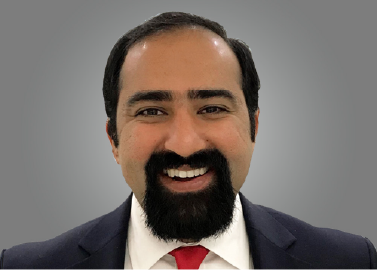
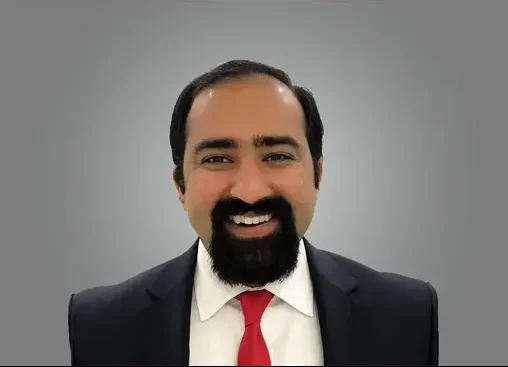 More about Syed Ali
More about Syed Ali
